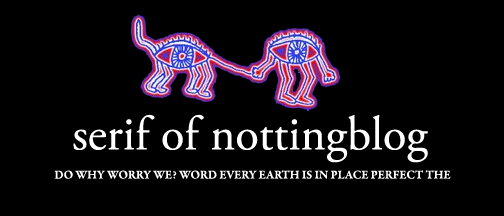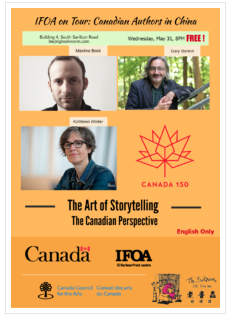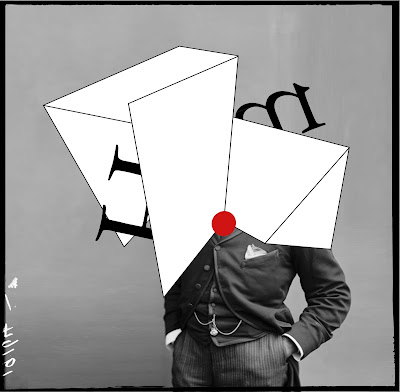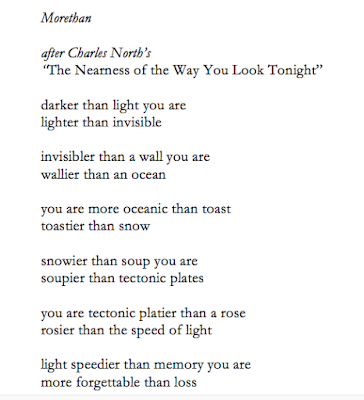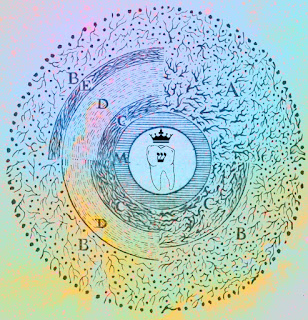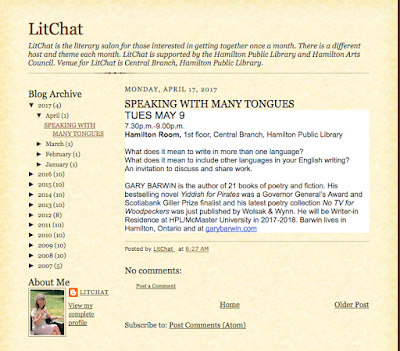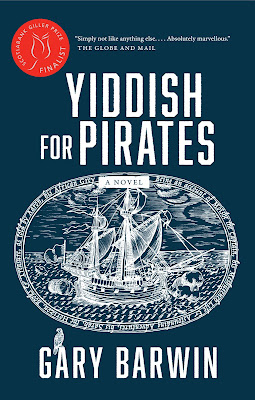Posts
Showing posts from May, 2017
The Pope, His Toe, and the Afterlife: a videopoem
- Get link
- Other Apps
Touring China with the International Festival of Authors.
- Get link
- Other Apps
Light, the Pope, his Toe and the Afterlife: Two Poems written along with my students in Poetry Class
- Get link
- Other Apps
Morethan, after Charles North's "The Nearness of the Way You Look Tonight."
- Get link
- Other Apps
Two things on CBC Books: Seven Books that "Excite" Me and "Becoming a Better Poet."
- Get link
- Other Apps
LitChat: Speaking with Many Tongues
- Get link
- Other Apps
Two reviews of No TV for Woodpeckers
- Get link
- Other Apps
